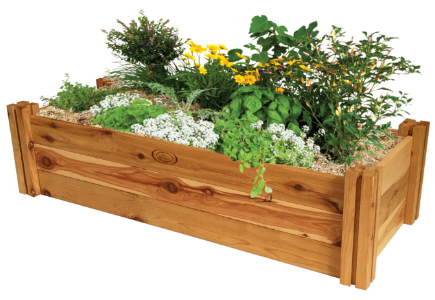The Importance of Native Plants: How They Enhance Garden Ecosystems
Body
When considering the best plants for your garden, have you ever thought about the benefits of native plants? These plants are not only beautiful but are also well-suited for garden ecosystems. In this article, we will explore how native plants contribute to a thriving garden environment.

Understanding Native Plants
Native plants are species that naturally occur in a specific region. They have adapted to the local climate, soil, and wildlife, making them incredibly resilient. By incorporating these plants into your garden, you create a habitat that supports local biodiversity. But why is this important?
- Support Local Wildlife: Native plants provide essential food and shelter for local birds, insects, and other wildlife.
- Reduce Maintenance: These plants require less water and fewer chemicals, making them easier to care for.
- Enhance Soil Health: Native plants improve soil structure and fertility, promoting a healthier garden ecosystem.
Benefits of Native Plants in Garden Ecosystems
Integrating native plants into your garden can lead to numerous benefits. For instance, they are well-suited for garden ecosystems because they thrive in their natural environments. This adaptability means they are less likely to suffer from pests and diseases, reducing the need for chemical interventions.
Moreover, native plants play a crucial role in maintaining ecological balance. They attract pollinators such as bees and butterflies, which are vital for the reproduction of many plants. Without these pollinators, our gardens would struggle to flourish. Have you considered how your garden can become a sanctuary for these essential creatures?
Creating a Native Plant Garden
To create a garden that is well-suited for garden ecosystems, start by selecting plants that are native to your area. Research local flora and choose a variety of species to ensure a diverse ecosystem. Here are some tips to get started:
- Identify your local native plants through resources like local extension services or botanical gardens.
- Plan your garden layout, considering the sunlight and water needs of each plant.
- Incorporate a mix of flowering plants, grasses, and shrubs to attract various wildlife.
Additionally, consider using raised garden beds to enhance drainage and soil quality. For high-quality options, check out .
Conclusion: The Future of Our Gardens
In conclusion, native plants are not just beautiful additions to your garden; they are essential for creating sustainable and well-suited garden ecosystems. By choosing native species, you contribute to the health of your local environment while enjoying a vibrant and low-maintenance garden. Will you take the step towards a more eco-friendly gardening approach?










Comments